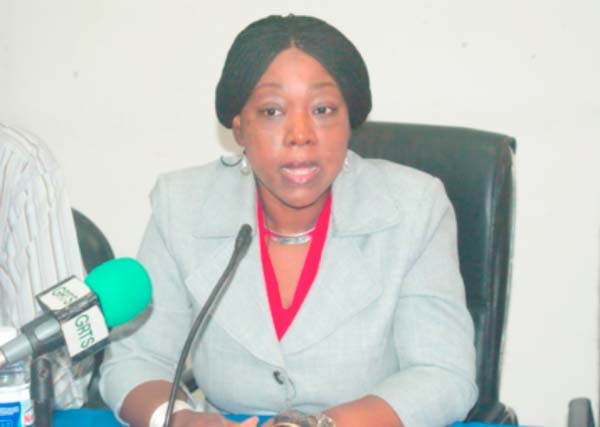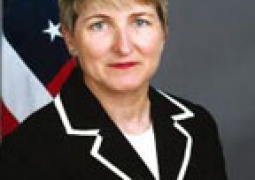
Ms Nyanti was speaking at the opening of a two-day training workshop for journalists on the UN CRC and ethical reporting on children, organised by the Department of Information Services through the Media Support to Advocacy Programme funded by UNICEF.
The workshop held at TANGO conference, was designed to strengthen the capacity of media practitioners to effectively disseminate progress, achievements and gaps relating to child rights, child protection and the equity agenda in The Gambia.
“We need an independent media to protect children. We need a media that will treat all Gambians as equal citizens, who will have their rights fulfilled, and as a partner to your country giving the right information that will help us work together to fulfill the rights of people, especially children,” she said.
All have a right to information as well as to correct information, she added.
“It is the responsibility of the media to make sure that good and correct information is disseminated to the Gambian people,” said Ms Nyanti, adding that it is within that framework they want to make sure children are protected.
UNICEF is not always about the children; it is about everybody because the children have primary duty-bearers who are the parents, and if the parents have the right information they could take the right action in fulfilling the rights of the children, she went on.
The Gambia has made significant gains in terms of fulfilling the rights of children in access to education and gender parity in education.
However, she continued, there are still challenges because some children due to socio-economic issues are out of school, and if the media could report that there are schools accessible, they could also report that there are still children who are not in school, and that would be balanced reporting.
The permanent secretary at the Ministry of Information and Communication Infrastructure (MOICI), Lamin Camara, said insufficient access to child-related information, technical equipment and financial opportunities across all media restrict the production of high quality materials, especially in compliance with child reporting ethics.
“Although, a number of donor organisations have over the years provided a variety of support to the media, with particular focus on the local press, the capacity and general effectiveness of the media to report on child rights issues and, in particular, showcasing the different disparities faced by the children in accessing the very basic social services still remains inadequate.”
PS Camara noted that the Gambia government had recognised UNICEF as a critical partner in the promotion of children’s welfare and in protecting their lives at the national, regional and village levels.
In addition, he continued, UNICEF is committed to ensuring special protection for the most disadvantaged children.
Saikou Jammeh, GPU Secretary General, said GPU recognises the important role children play in the society, which was why over the past years they had organised a series of training programmes for journalists on children and child rights issues.
He said the GPU has a code of conduct for media practitioners relating to handling child rights issues.
The GPU is committed to strengthening the partnership with the Department of Information Services, with a view to creating the enabling environment for journalists in the country, which he believes would translate into socio-economic development and greater democratisation of The Gambia.



